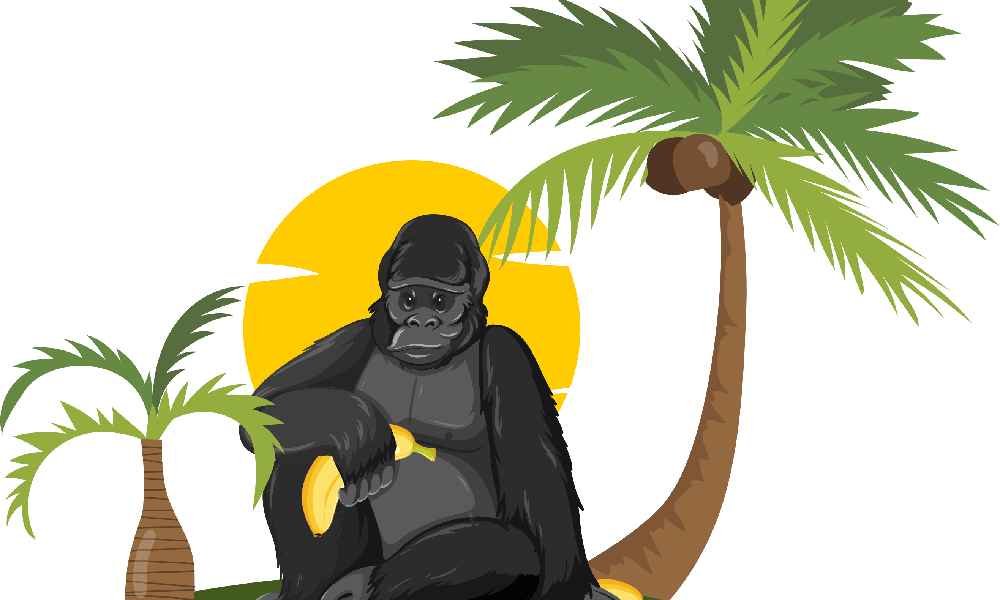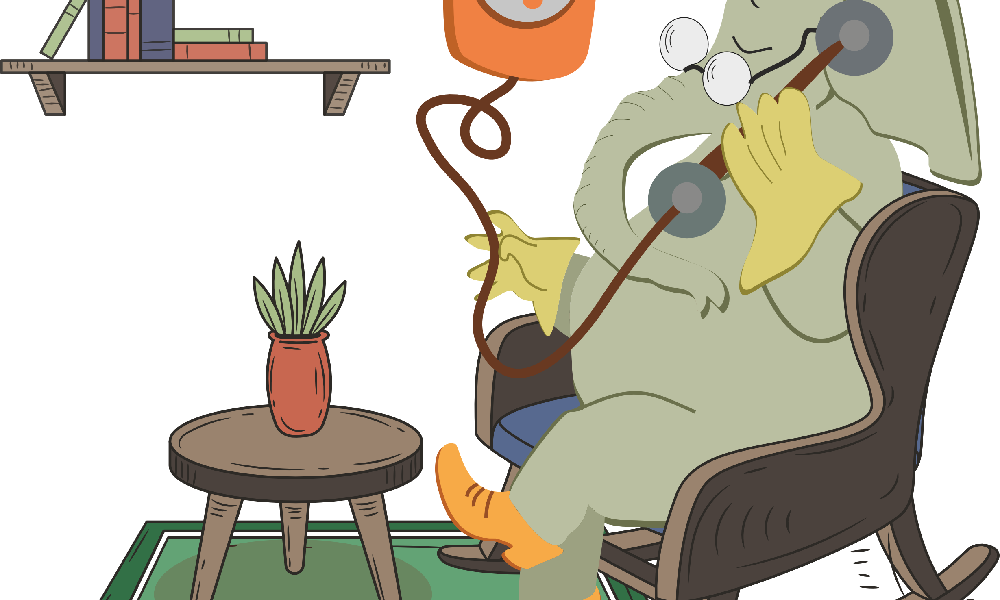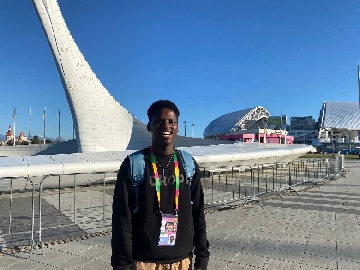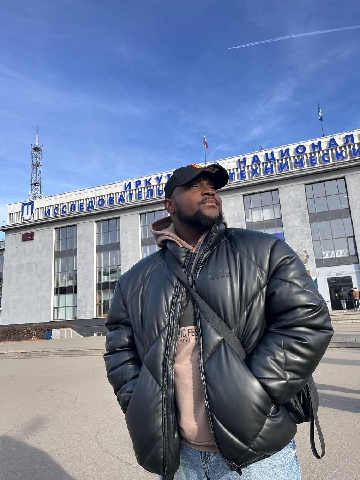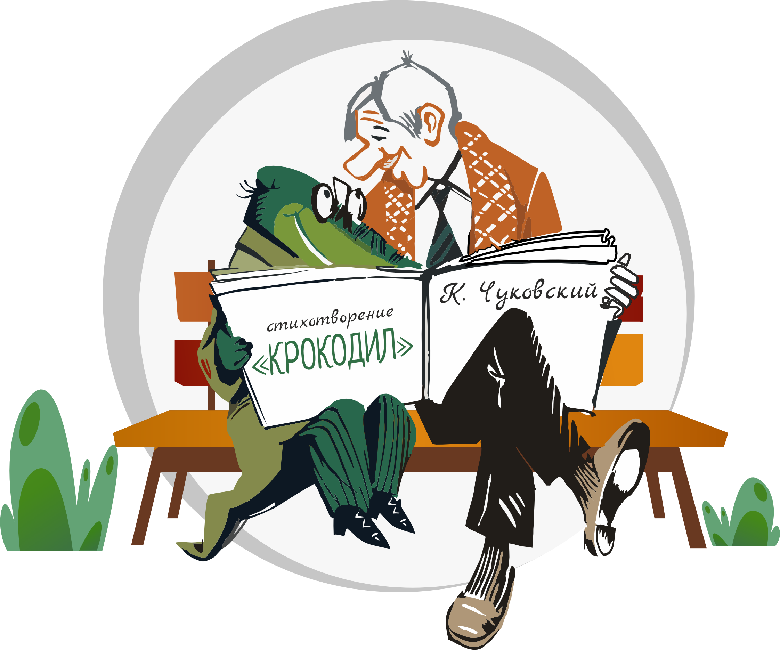
Getting acquainted with the works by outstanding writers and poets helps develop and consolidate Russian communication skills. It is worth noting that any learner of Russian as a foreign language actually passes through the same stages of “linguistic growing up” as little children learning to talk. That is exactly why RFL teachers often use children's literature such as verses, fairy tales, nursery rhymes, and short stories in their lessons. Today we will talk about the works by the eminent Russian and Soviet writer Korney Chukovsky and tell you why his works can be of use to learners of Russian as a foreign language.
For reference: Korney Chukovsky (1882–1969) is a writer and translator. He is a striking example of an extraordinarily purposeful person who, without an access to school education, studied on his own, mastered English and French, and translated a wide range of masterpieces of English and American literature. But he became really famous thanks to his books for children that are still loved by children and adults after decades.
The most famous works include Doctor Aybolit (or Doctor Powderpill), The Muddle, The Joy, Fedora’s Grief, Wash'em Clean, and Buzzy-Wuzzy Buzy Fly.
Moreover, Korney Chukovsky was interested in the Russian word in the broadest sense, subtly noticing special aspects of word formation in children. And these observations of his are exceptionally interesting from the perspective of learning Russian as a foreign language.
Any living language always moves and always grows, and the Russian language is “living as life”.
Phonetic warm-up
Mastering Russian pronunciation is an initial stage of learning the language. It can cause considerable difficulties depending on your first language. Without going into details (we will do it in the following articles), let’s keep in mind that the poetic form can become an excellent tool for practicing speaking skills. The special aspect of Russian versification - the same number of stressed syllables in a line, together with poetic rhythm - helps avoid mistakes in accentuation and memorize the pronunciation of particular words.
For example, the fragments of Korney Chukovsky’s works can help you practice the pronunciation of particular sounds.
Sounds [р] ([r]) and [л] ([l])
Приходила к ним горилла,
Та горилла говорила,
Говорила им горилла,
Приговаривала.
(“Бармалей”)*
*English translation
A gorilla went to them,
The gorilla told them,
The gorilla told them,
Repeated.
(Barmaley)
It is known that the Russian language has a mobile stress. It means that stress position can change during inflection of words for gender and number or word formation (cognate words). Stressing different syllables in the same word can sometimes change its meaning (for example, зАмок – замОк (castle - lock). Poems and sayings will also be of invaluable help here.
What are other benefits of poetry in general and poetry by Korney Chukovsky in particular?
Grammar
For example, you can study a difficult topic of Russian verbs. In the fragment of the famous poem The Crocodile given below, all the vowels are underlined. These vowels create poetic rhythm, and you must not omit them while reading. The verbs whose pronunciation and forms you can study using supplementary materials are put in bold.
Жил да был
Крокодил,
Он по улицам ходил,
Папиросы он курил,
По-турецки говорил.
(«Крокодил»)*
*English translation
Once there lived a Crocodile.
He walked on the streets,
Smoked cigars,
Spoke Turkish.
(The Crocodile)
Moreover, children's verses contain perfect examples for studying grammatical structures, usage of particular words, and inflection of words for gender and number. For example, here is a fragment of another famous poem, The Telephone, that illustrates the case forms of nouns and pronouns.
У меня зазвонил телефон.
– Кто говорит?
– Слон.
– Откуда?
– От верблюда.
– Чего вам надо?
– Шоколада.
– Для кого?
– Для сына моего.
(“Телефон”)*
*English translation:
My phone rang.
– Who's talking?
– The elephant.
– From where?
– From a camel.
– What do you need?
– Chocolate.
– For whom?
– For my son.
(The Telephone)
And the last thing, dear friends. Reading Chukovsky's works is just fun because in his poems you can find everything, including the grunting kittens, the wonderful doctor, who heals everybody, and the crocodile swallowing the sun.
In our regular RFL column, we plan to tell you about the richness of the Russian language, specific rules, complex issues, and exercises to consolidate pronunciation and language norms as well as about literature and music that can help learn the language.
If you study Russian as a foreign language and come across some strange and/or incomprehensible linguistic phenomena, please contact us at dir@hedclub.com, and we will explain the problem to you in the simplest terms.
30.10.2024

